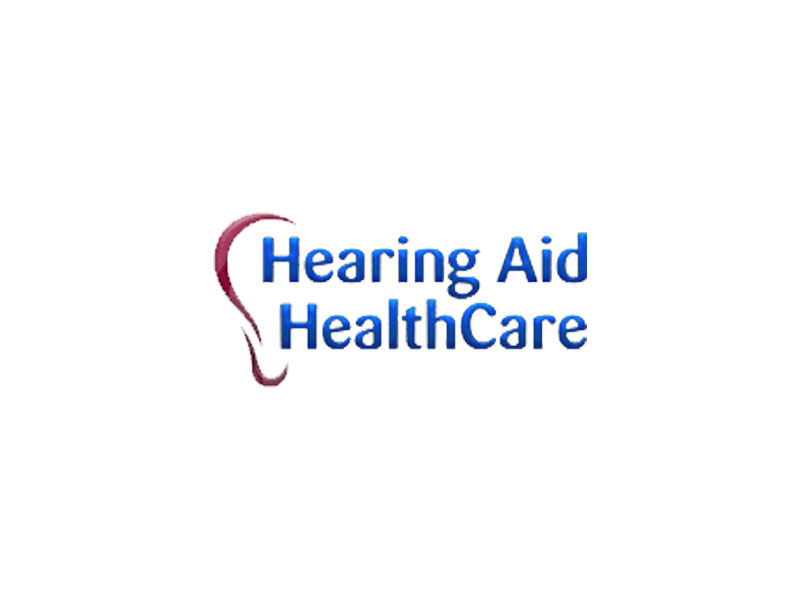One of the easiest things you can do to protect your ability to hear is to wear ear plugs. These small devices are inserted into the ear to block out disruptive or damaging sounds. Shopping for ear plugs can be confusing, as there are a large variety of styles available, but with patience and a little bit of know-how you can find the plug for you.
Start by assessing the amount of noise dampening you require. Every plug has a noise reduction rating (NRR) that signifies the amount of noise it cancels out, with the best quality ear plugs ranging from 21 to 33 decibels. Second, consider where and when you’ll use the ear plugs most often. Ear plugs with a lower NRR are sufficient for blocking out traffic noise or your roommate’s TV while studying. In contrast, you will need ear plugs with a higher NRR rating if your profession consistently puts you near loud equipment or music.
Third, evaluate the different materials that ear plugs are made from. Foam is one of the most basic materials used in ear plugs. The foam is compressed during insertion then expands to plug the canal. Silicone ear plugs differ from foam in that they are molded over the outside of the ear canal. Both types of plugs are disposable.
Lastly, evaluate whether you’d be better served with non-disposable, custom ear plugs. A simple foam or silicone plug will suffice in many circumstances; however, there are specialized plugs available for specific environments. Musicians often wear custom-made, non-disposable earplugs to help protect their hearing while they are performing. Because these plugs are custom made to fit your ear, they will block out dangerous noise while still allowing you to hear the music you are making.
A totally different use of ear plugs is to block out a partner’s snoring while sleeping. You can find ear plugs that are specifically designed to block out snoring without keeping you from hearing your fire alarm and alarm clock. Take time to test out the plugs with your head tilted to the side. You’ll want to choose a pair that fits well while lying down.
With a little time and consideration you should not have any difficulties finding the earplugs that are right for you.
Selecting from the Many Different Kinds of Ear Plugs
The site information is for educational and informational purposes only and does not constitute medical advice. To receive personalized advice or treatment, schedule an appointment.
